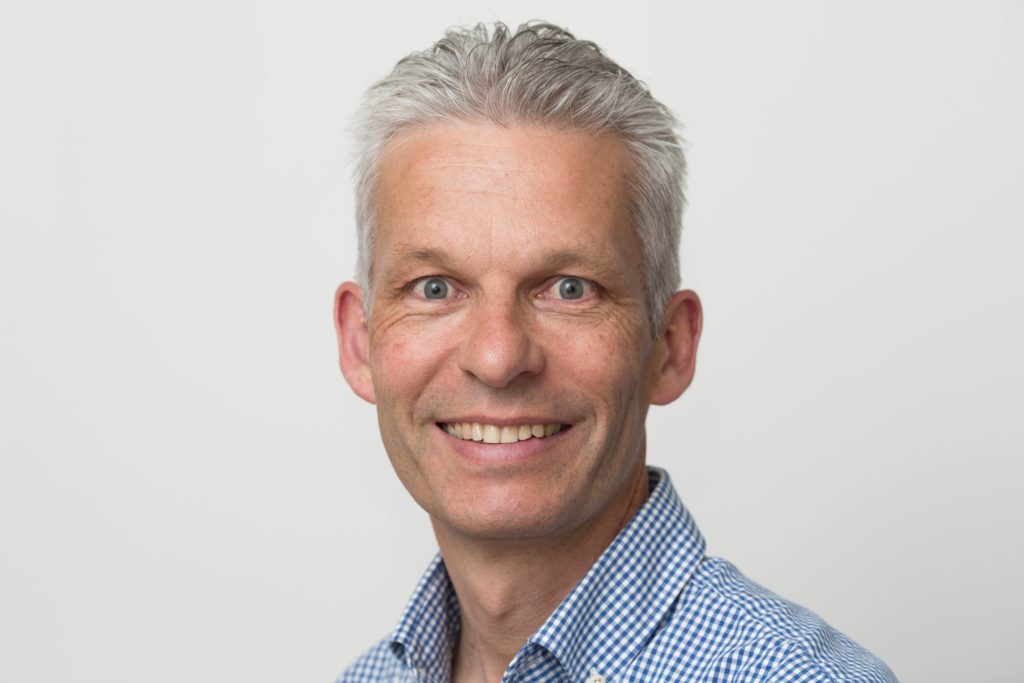It appears a commonly held view that the UK will struggle to meet the targets set out in the Government's renewable energy strategy and it is also likely to fail to meet European Union requirements unless it considers all methods of renewables energy production.
David Singh is the managing director of Global Renewables, a waste management company which has combined some of the world’s most advanced and environmentally-responsible waste treatment technologies in the UR-3R 3R Process® – a Greenpeace-acknowledged sustainable solution for municipal solid waste. The organisation won the UK’s largest PFI waste project to date to provide waste management facilities in Lancashire and owns and operates an urban waste treatment facility at Eastern Creek in Sydney.
The Government has set the UK a target to generate 10% of electricity from renewables by 2010 while the EU requires the country to meet a target of 40% by 2020. The electricity target is ambitious but as long as all methods of renewable energy are explored, these targets may be achievable.
By heavily relying on wind power to meet these targets, the ability of achieving this is questionable given the cost and availability challenges wind farming presents, as well as timings [what do you mean by timings?] in linking up with the national grid.
Opportunity
In my opinion the Government is missing a large untapped opportunity that exists in the energy contained in household and commercial organic waste, which could amounts to a significant 6500 GWh/a or renewables energy, traditionally disposed of in everyday general waste.
By harnessing this energy using proven recovery methods such as anaerobic digestion as employed in our waste management facilities in Australia and more recently in Lancashire, a massive 720MW of energy generating capacity can be created. This represents around 20% of the UK's renewable energy target for 2010.
The landfilling of organic waste is effectively banned for householders via the cost implications of not meeting the Landfill Allowance Trading Scheme and is becoming increasingly expensive for business due to the annual increases in landfill tax. We welcome this move, because in any event, landfilling is an ineffective way of converting organics into energy.
Options
The other disposal alternative for Organics, incineration, is also not practical as organics tend to be of too low a calorific value to burn without the addition of other higher calorific value fuels. Anaerobic digestion, as well as reducing the emission to the atmosphere compared to other options, is therefore the better option.
So how can the Government assist? In an age of rising oil prices and increasing fuel costs, they can assist and encourage industry by developing standardized planning and licensing processes for anaerobic digestion facilities, creating digestate product quality standards and providing capital grants to assist with project affordability. It is important that we credit the Government for taking steps in the right direction, but we must encourage them to recognise organic waste as an essential source of renewable energy.







Subscribe for free